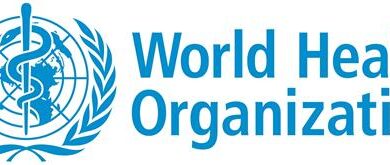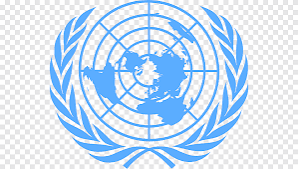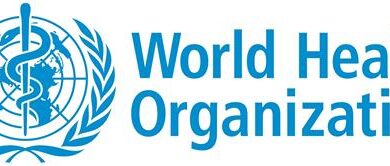Foundation Calls For Establishment Of National Suicide Prevention Strategy

‘Lade Olugbemi
Working with the National Association of Psychiatrists, enacting legislative instruments such as Coroner’s Act, as well as having National Suicide Prevention Strategy have been identified as the right steps to take in tackling the problem of suicide.
Executive of Nous Foundation Nigeria, Lade Olugbemi, said this while speaking on the topic “The Responsible Suicide Reporting (RSR): The Social And Legal Implications,” at a virtual Media Training on “Suicide Prevention – The Role of Nigerian Journalists” organized by her Foundation, Nous Foundation Nigeria in partnership with the Health Writers Association of Nigeria (HEWAN) and The Retreat Healthcare.
She called on the Federal Republic of Nigeria to establish a National Suicide Prevention Strategy in order to tackle the menace of suicide in the country.
According to her, “There’s a need for Nigeria to have a national suicide prevention strategy as directed by the World Health Organisation (WHO), pointing out that Section 327 of the Criminal Code Act, suicide is a crime in Nigeria, punishable by one-year imprisonment for a failed suicide attempt.
She said that the law on suicide is currently enforced in several states in the country.
She regretted that Nigeria’s law on suicide is a legacy of old laws from the era of British colonization, noting that similar provisions in other African countries criminalize, instead of decriminalizing suicide attempts.
The Nous Foundation chief expressed concern that the Mental Health and Substance Misuse Bill 2020 has no provision or address of decriminalizing suicide in Nigeria.
She said that suicide rates among teenagers increased between the year 2007 and 2017, and she also bemoaned the lack of sufficient data on the subject. “We do not have enough statistics of suicide,” Olugbemi elaborated.
According to her, suicide is one of the top causes of death worldwide, and also a major cause of death in adolescents.
“Suicide has been identified not only as an individual phenomenon but also as being influenced by social and environmental factors. There is increasing evidence that the Internet and social media can influence suicide-related behaviour,” she said.
On the manner of reporting suicide by the news media, Olugbemi stated that the media is a risk factor in the way and manner they report on suicide.
She told journalists to be cautious in the use of language when reporting on the subject. For example, she enjoined reporters to use the phrase “died by suicide” instead of using the usual phrase: “committed suicide” in their reportage.
She declared: “The greater the coverage of a suicide story the greater the chances of finding a copycat effect. Research recently showed that increased coverage showed that 84 per cent less likely to find a copycat effect.”
Speaking on age-specific suicide rate, Olugbemi explained that a certain age range, for instance, the very young and impressionable or the high suicide risk group may respond more to publicized suicide stories than their counterparts.
She implored journalists to use the responsible suicide reporting process in producing stories and urged them to be more aware of critical risk factors like levels of stigmatization, copycat effects, harmful speculation, sensationalism, but that they should instead highlight suicide prevention strategies.
To curtail the enormity of suicide risks, its impact and effects, Olugbemi suggested suicide prevention training for editors, publishers, crime and health reporters, the police, among others.
Below are the recommendations on suicide reporting
Avoid using the word “suicide” in the report
Avoid using the word “commit” in the report
Avoid repetition of the story
Avoid placing the story in a prominent part of the paper or news
Avoid giving personal details or photograph of the person involved
Avoid giving detailed description of the method used
Avoid giving the specific location of spot used if it is a public place
Avoid publishing suicide notes
Treat the deceased with dignity
Reports should be sensitive to the families of the bereaved
Special precaution with reports of celebrity suicide
The report should inform people on how to get help and educate
Health correspondents should be reporting on suicides
All journalists should be trained regularly on suicide reporting





